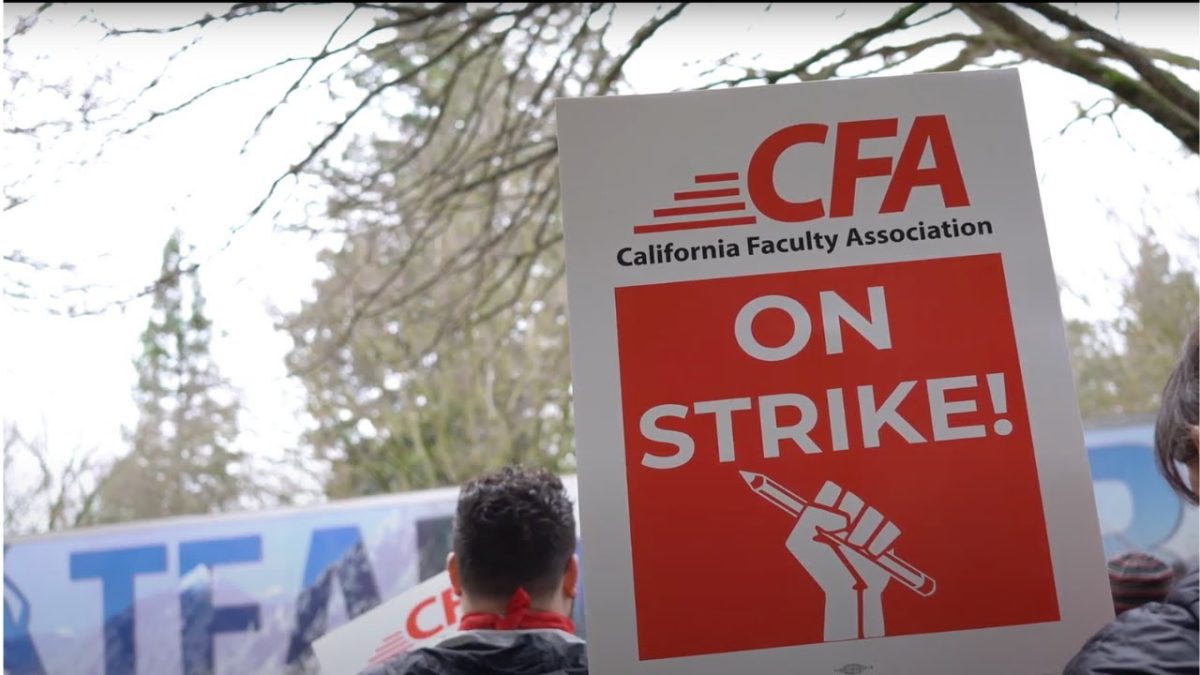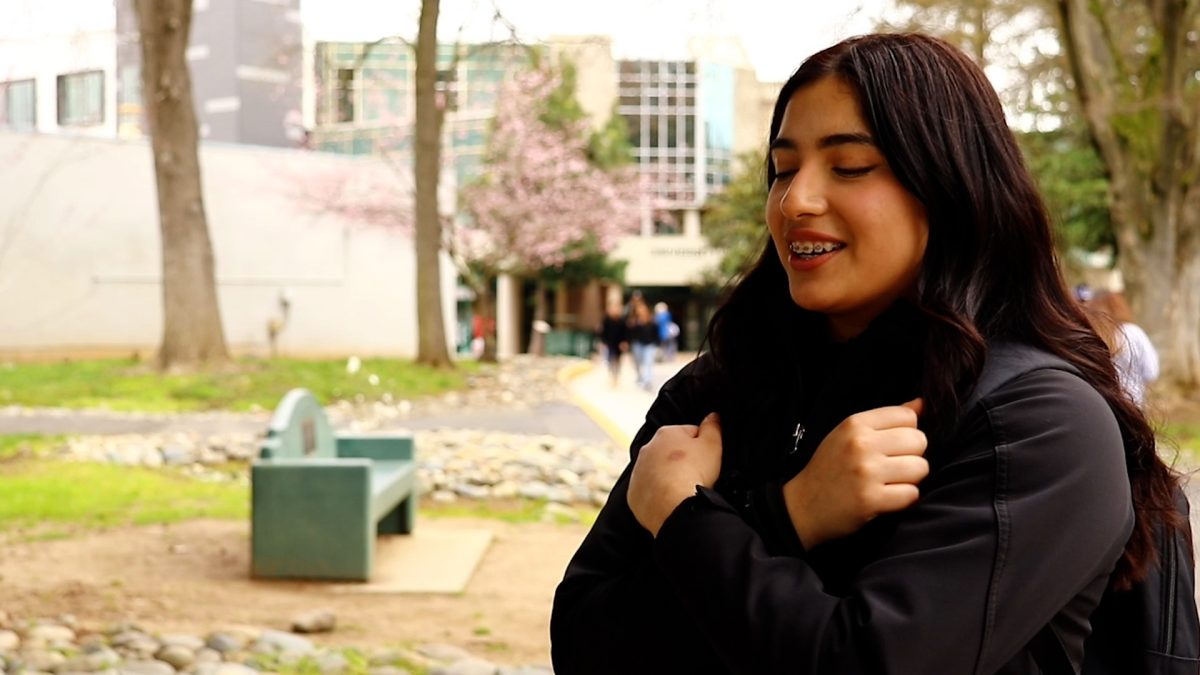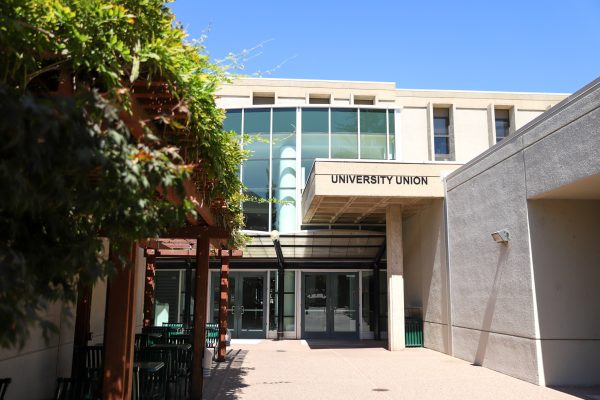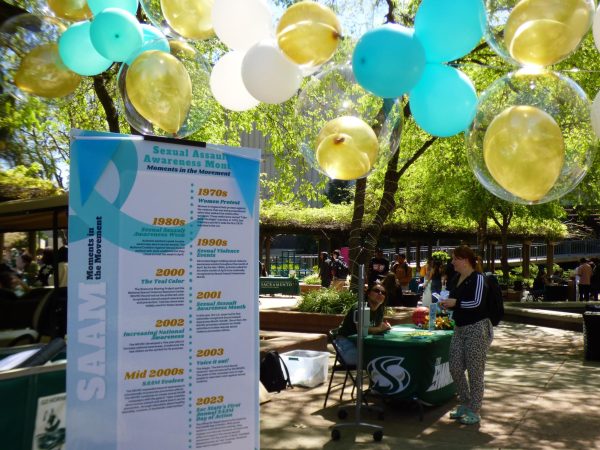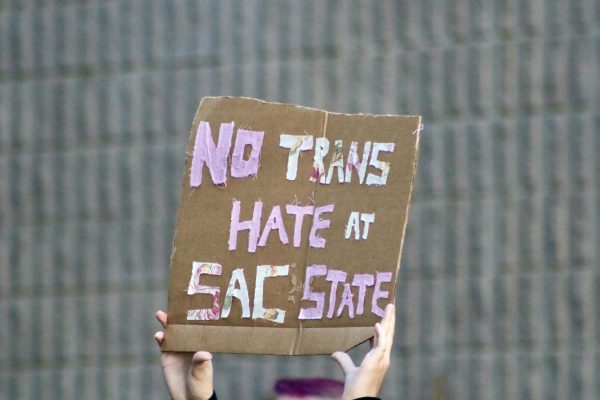State bills would increase Cal Grant B funding for students
April 9, 2014
Students receiving financial aid are likely to get more money through a state treasury created by two senate bills intended to increase federal funding for the Cal Grant B.
Press Secretary and Legislative Aid Claire Conlon said the award was not raised enough in the past 40 years, which is the reason joint bills were drafted to increase the aid given to the 177,000 Cal Grant B recipients, 57,000 of them in the California State University system.
The bills, also known as the College Access Tax Credit Fund, were drafted by Senator Kevin De Leon as a way to make up for insufficient funding from Cal Grant B and to address the inflated cost of college expenses.
“Having to pay hundreds of dollars for textbooks turns low-income students into slaves to the additional jobs they must carry,” De Leon said. “This not only shortchanges the students, but it shortchanges the California taxpayers who are investing in their education.”
Conlon said a Cal Grant B award, if adjusted for today’s cost of living, should be $5,900 a year to pay for textbooks, transportation, rent, food, healthcare and other living expenses. The funds appropriated are $1,473 instead, which would be spent on textbooks alone for many students.
Cal Grant B awards were created in 1969 to help students with college expenses, awarding $970 a year, but even with a tremendous increase for the cost of living today, funding was raised by approximately $500.
The College Access Tax Credit Fund would create a treasury where people can donate funds towards increasing financial aid for the individual student. When it is time to file taxes, contributors will be returned some of the money donated through a rebate.
Associated Students Inc. Legislative Affairs Coordinator Mike Sharif said for every dollar donated by an individual or corporation, the donor would receive 60 cents on the first year of the joint bills’ implementation, the second year 55 cents and the third year 50 cents. The money kept by the treasury will accumulate interest.
Sharif said the predicted amount of money that will be donated is $750 million for the first year, $700 million for the next year and $600 million for the third year. Because the College Access Tax Credit Fund gives back a certain amount for each dollar donated, the first year’s rebates would total $190 million.
Conlon said the joint bills would come at no cost to the state because the money comes from individuals giving their own money towards the treasury, which helps when they file.
“Donations to the state of California can be considered a donation deduction on the taxpayers’ federal filing,” Conlon said. “They’re getting back for dollars they donate to the state, about 80 or 85 cents depending on how they file.”
Conlon said the joint bills have passed the state senate and are expected to be approved by the assembly floor, which will then be given to the governor, who said he will sign it once he receives it. The bill is projected to take effect Jan. 1, 2015.
Because the CSU has the second largest enrollment, behind the California Community Colleges, an increase in Cal Grant B funding would have a bigger impact than with the University of California, Sharif said.
“This is not going towards their tuition,” Sharif said. “This is going straight to their personal bank accounts to help them with purchasing books and living expenses.”










